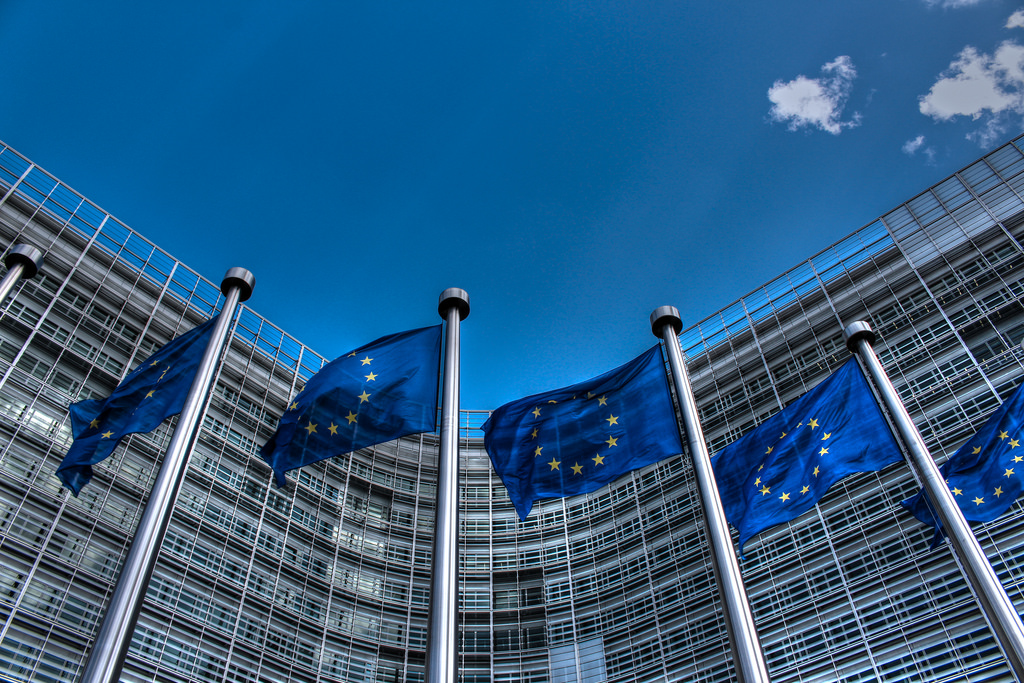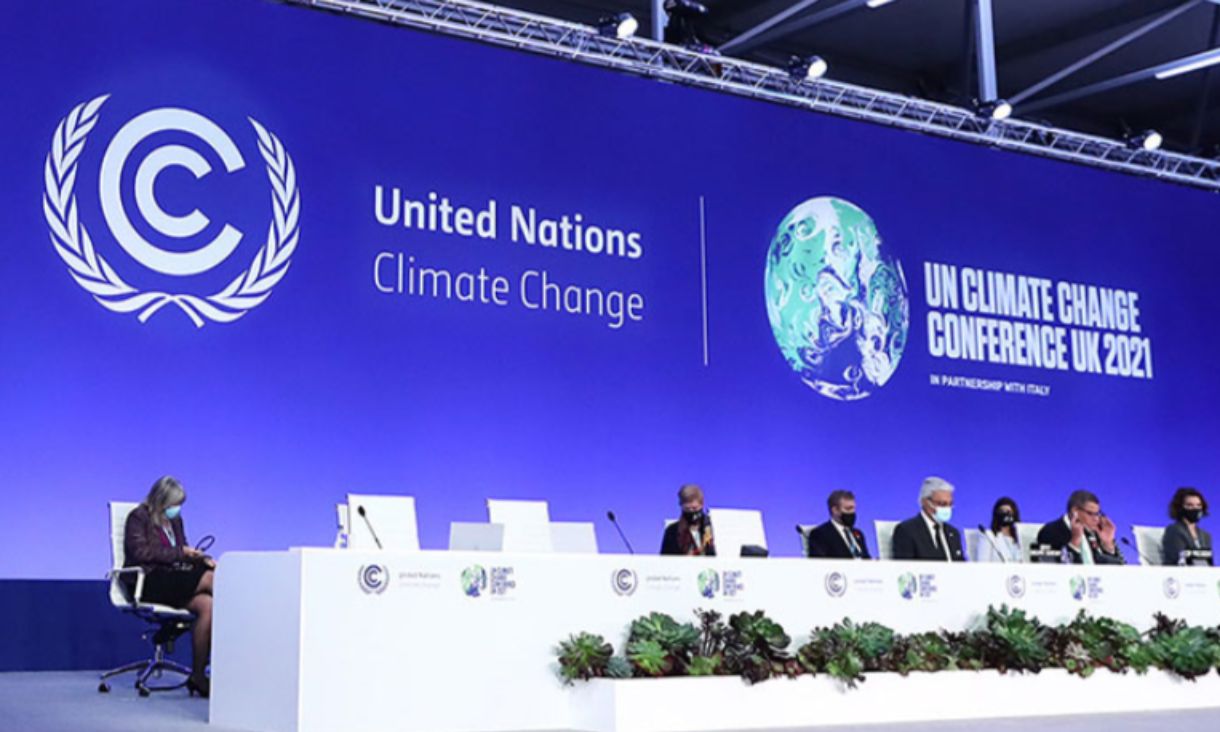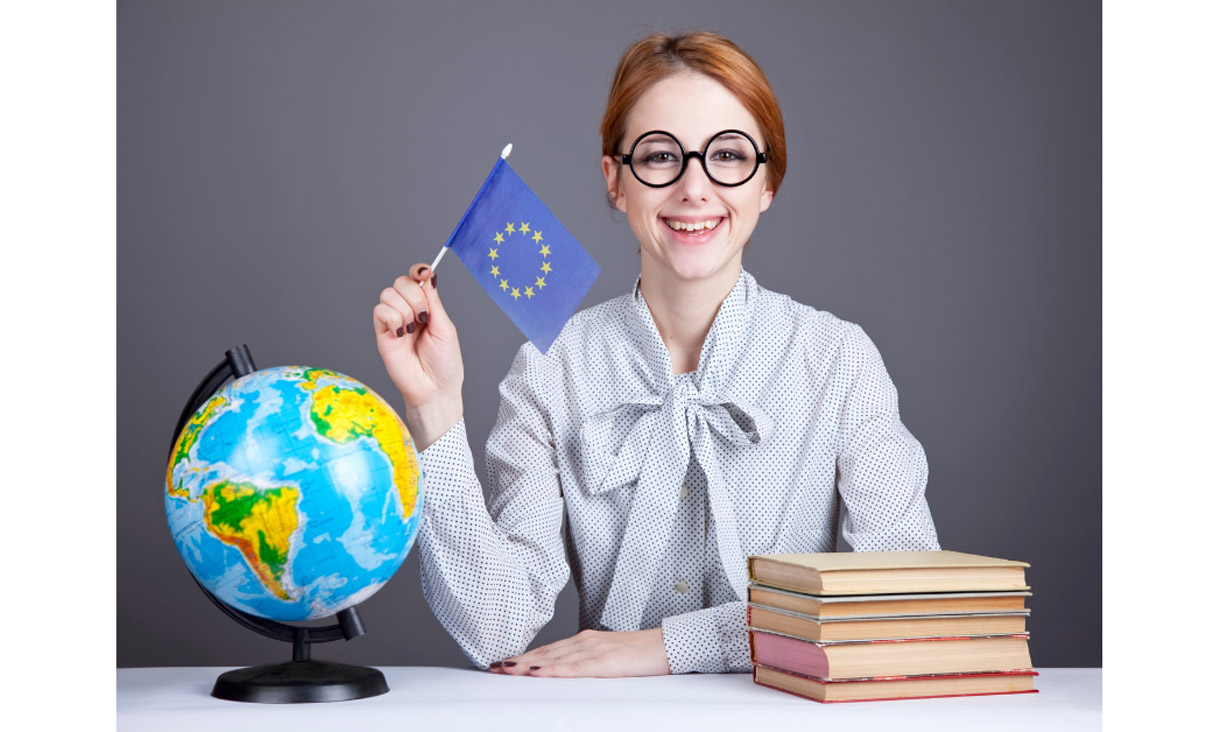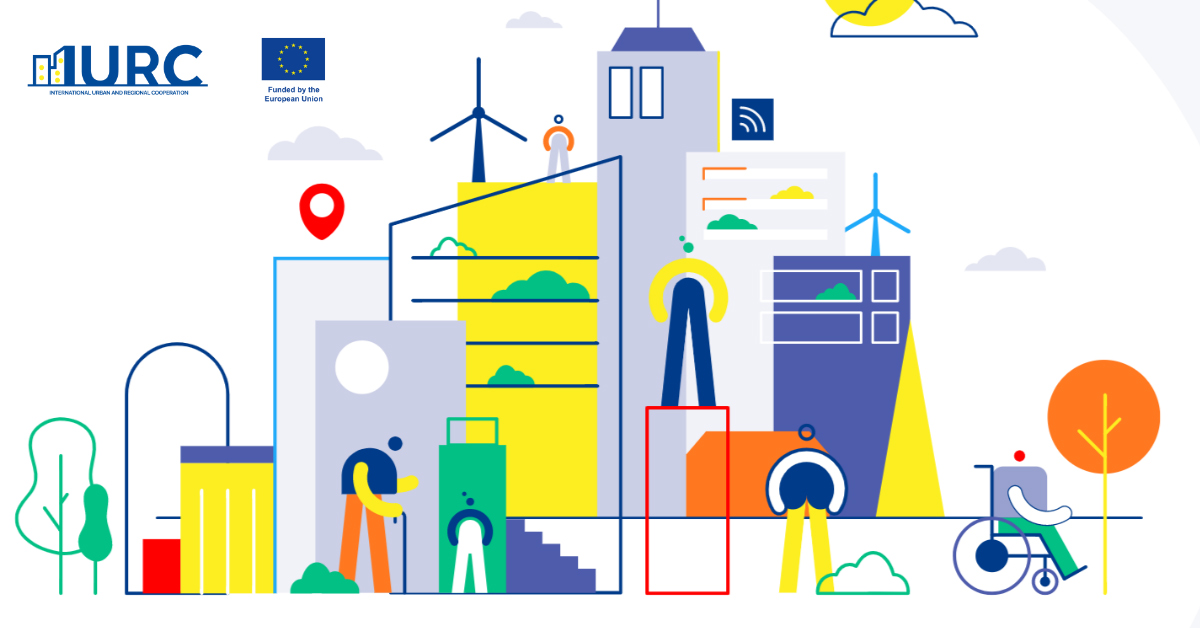The EGD was intended to transform the European economy, both to enhance prosperity but also to ensure that European countries would achieve their obligations under the Paris Climate Agreement.
Little did they know how dramatically these plans would be disrupted by the advent of COVID-19. The evidence is now overwhelming about the scale of disruption and tragedy in people’s lives, the enormous pressure placed on already struggling health services, and the economic havoc wreaked by businesses closing and so many families losing their livelihoods.
So, as we approach Europe Day (9 May) in 2020, how can the European Commission respond and exercise appropriate leadership, as talk turns to lifting emergency restrictions and economic recovery? Is there room to celebrate Europe Day, or is it a time for commiseration?
During the past three months, there has been extensive debate about the inadequacy or otherwise of the EU response to the COVID-19 crisis. In the distribution of responsibilities between the EU institutions and Member States, health is of course predominantly a Member State competence. However, the scale and urgency of the crisis has challenged the capacity of EU processes to move quickly as circumstances evolved. This is not a surprise, given the priority the EU gives to consensual decision-making. While this has been central to the evolution of the European project over the past 60 years, it can take time when there are 27 Member States and multiple constituencies all seeking to shape outcomes.
As the focus has shifted from immediate response to debate about recovery, the issue of appropriate financial instruments and the scale of investment has dominated debate, with different positions inflaming debate between northern and southern parts of Europe. The devastation of COVID-19 in the south has crippled states already struggling with economic challenges and added to the tensions already present within the EU institutions.
Yet, as is so often the case, the EU institutions have pulled together a plan that Member States are prepared to sign up to, even where it does not meet everybody’s preferences. It at least offers a platform to move on from three months of lockdown and move to understand what the post-COVID-19 world might be like.
This much can be celebrated on Europe Day in 2020. After 60 years, the EU has developed the wealthiest economic region in the world. It can present a vision and to marshal resources for future development. The Green Deal will be at the heart of the new approach even as parts of Europe suffer for many years to come. The work of the new Commission now starts in earnest as it seeks to put this new set of arrangements into practice.
By Professor Bruce Wilson, Director, Jean Monnet European Union Centre of Excellence, RMIT University
bruce.wilson@rmit.edu.au





